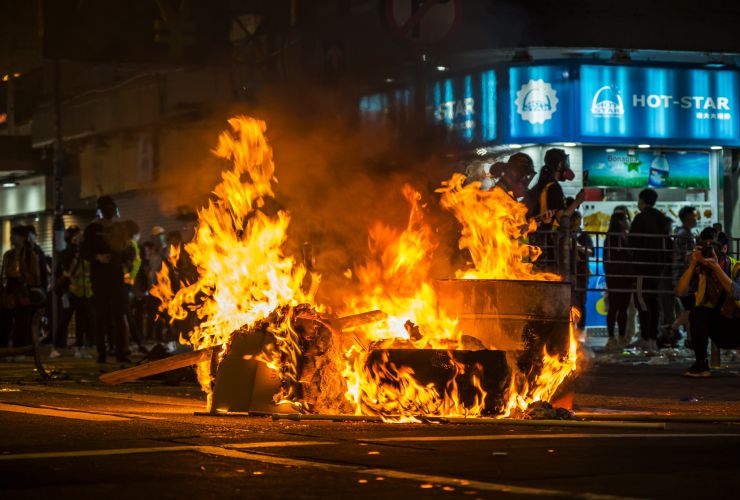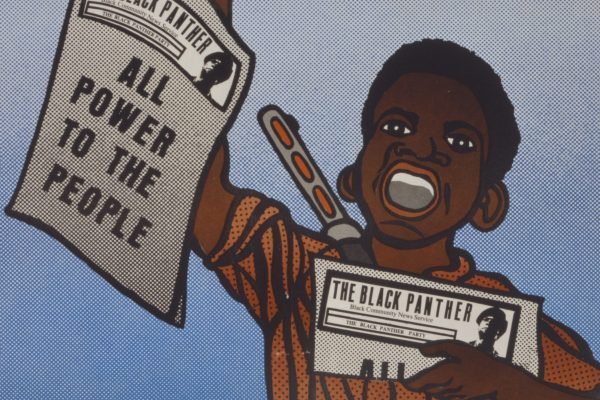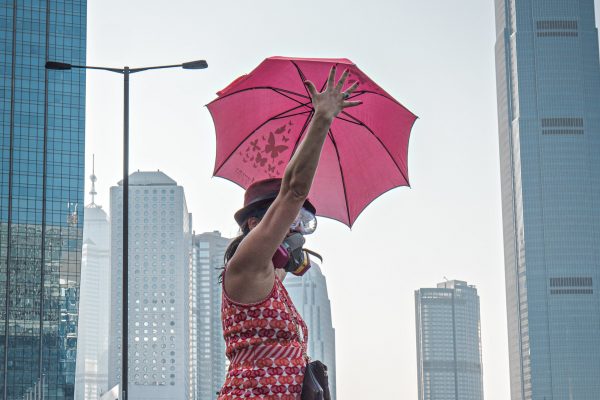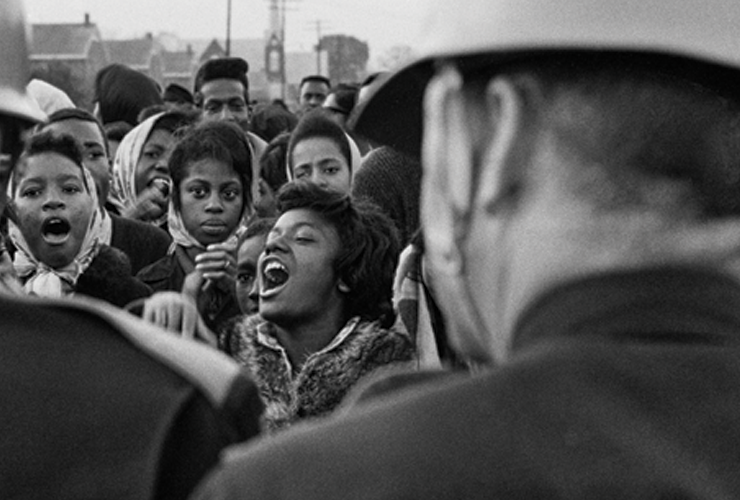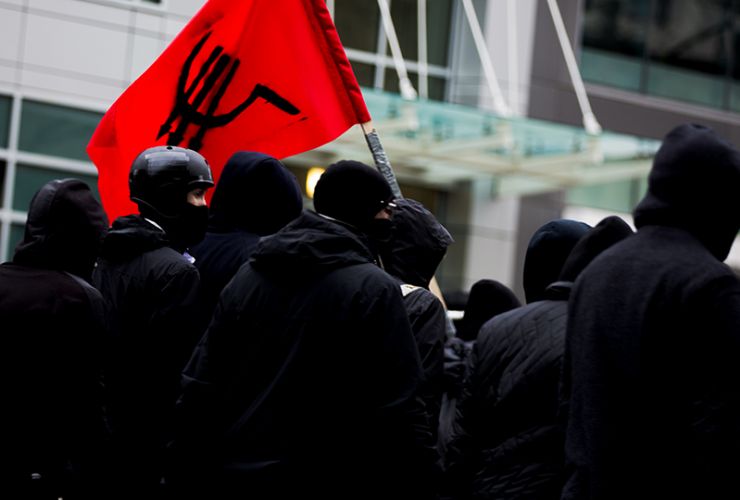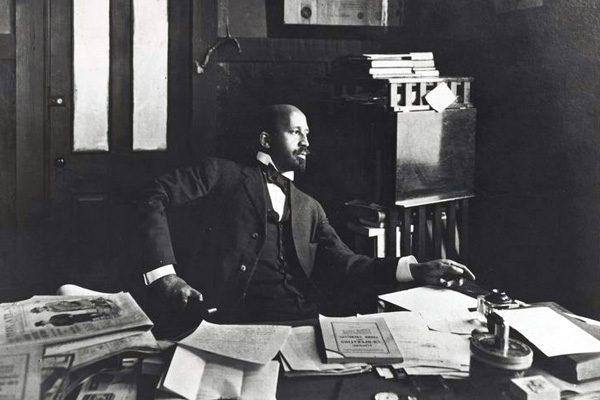Collective resistance has often taken a brutal turn, from the uprisings of nineteenth-century abolitionists, to the Los Angeles Watts Rebellion of 1965, to recent pro-democracy protests in Hong Kong. In cases like these, is violence defensible?
Today’s reading list considers different perspectives on this question, from a political scientist who thinks that “uncivil disobedience” is crucial to political success, to a former “terrorist” who thinks Antifa are harming their own cause.
And what happens when nation-states appropriate the language of necessary violence? A provocative personal essay from philosopher and former IDF crew commander Oded Na’aman picks apart the claims made by Israelis that “we never choose violence, violence chooses us.”
—Rosie Gillies
Self-defense is not merely an individual right; it is collective political resistance.
The protests have been critiqued for their rejection of classic nonviolence—but that may help explain why they has been so successful.
Long before the Civil War, black abolitionists shared the consensus that violence would be necessary to end slavery.
Violence and nonviolent protests were entwined forces.
Forum
A debate with Mark Bray about Antifa and the use of violence as a political tool.
Judith Butler talks with Brandon M. Terry about MLK, the grievability of black lives, and how to defend nonviolence today.
Images of police violence against African Americans have a radical heritage.
